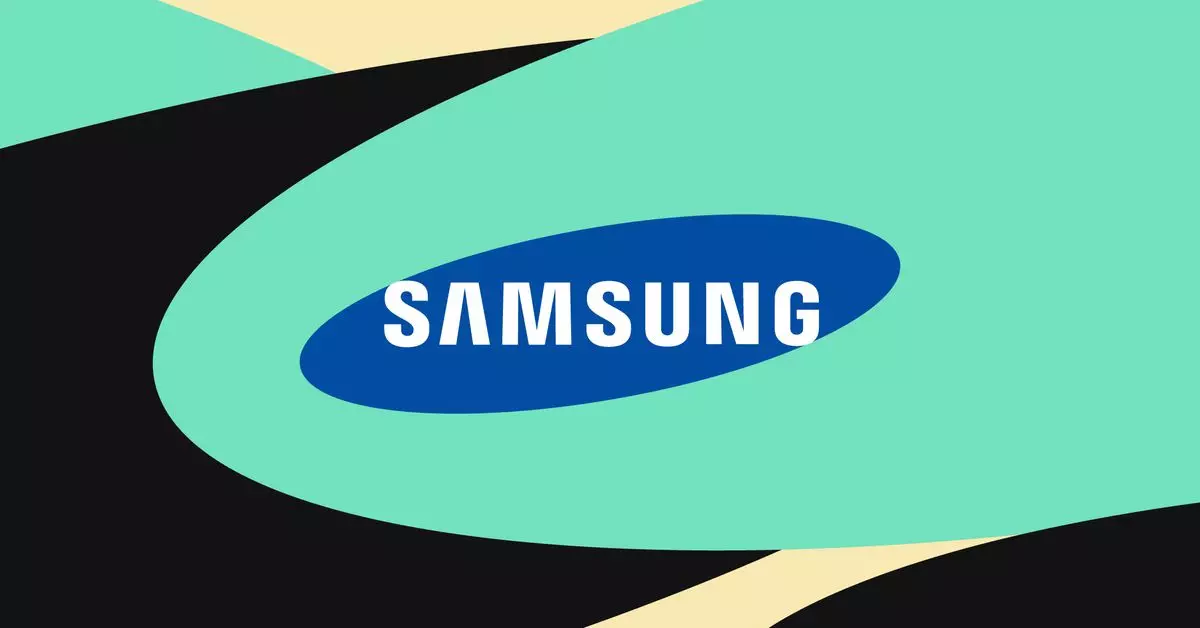Samsung recently declared that it would extend Tizen operating system updates for its newer AI-powered TVs for up to seven years. This decision comes as a strategic move to compete with Chinese rivals such as Hisense and TCL in the smart TV market. The announcement was made at Samsung Electronics’ Suwon Campus in South Korea.
Research from analytics firm Omdia revealed that Samsung’s market share in the global TV market had decreased by over 2 percent from the previous year, standing at nearly 29 percent during the first half of the year. On the other hand, Chinese companies like TCL and Hisense have made significant advancements, closing in with 12.1 percent and 10 percent of the market share, respectively.
Yong Seok-Yoon, the president of Samsung Electronic’s Visual Display Business Division, expressed confidence in widening the gap in market share with Chinese companies by offering the seven-year free upgrade of Tizen for AI TVs. This move aims to solidify Samsung’s position as the leading seller of smart TV globally.
Although Samsung has not yet specified the exact models that will benefit from the extended updates, this decision aligns with the company’s commitment to providing long-term support for its products. Earlier this year, Samsung made a similar announcement regarding its Galaxy S24 smartphone series, promising seven years of OS upgrades and security updates.
Samsung’s initiative follows a trend in the industry where manufacturers are extending the lifespan of their products through software updates. By offering longer support periods for operating system upgrades, companies like Samsung and LG (Samsung’s domestic rival) are aiming to enhance customer loyalty and differentiate themselves from competitors.
Samsung’s decision to provide seven years of Tizen operating system updates for its AI TVs signifies a proactive approach to maintaining its market leadership and competing with Chinese rivals in the smart TV segment. This strategic move not only demonstrates Samsung’s commitment to customer satisfaction but also reflects the evolving trends in the consumer electronics industry towards longer product lifecycles and continuous software support.


Leave a Reply